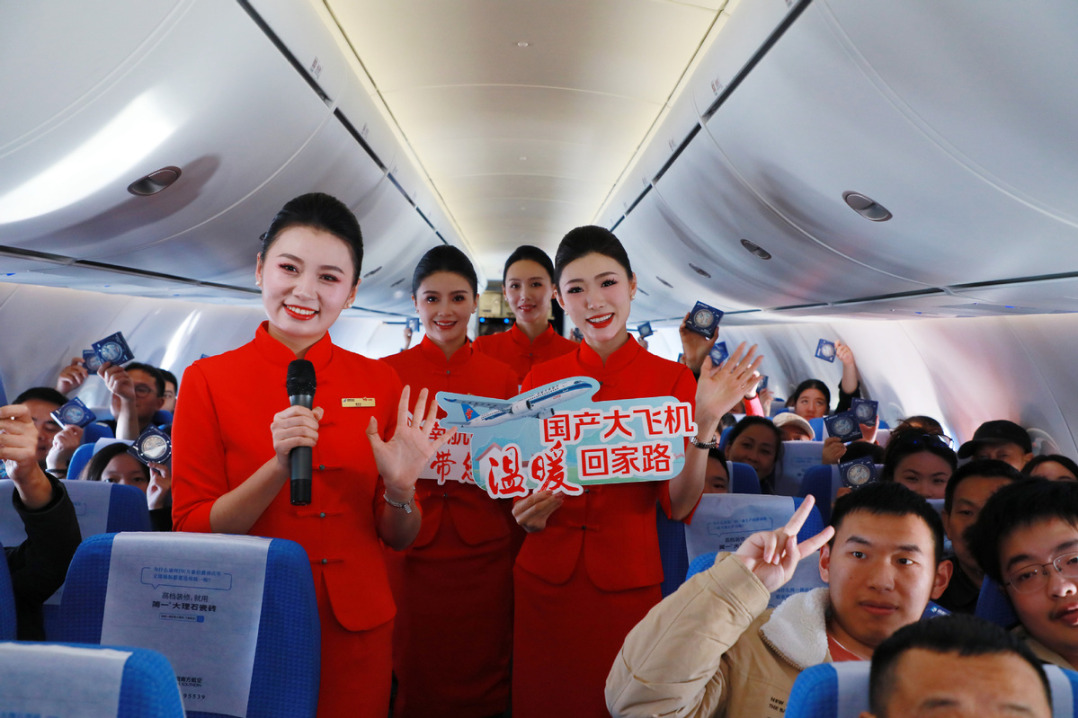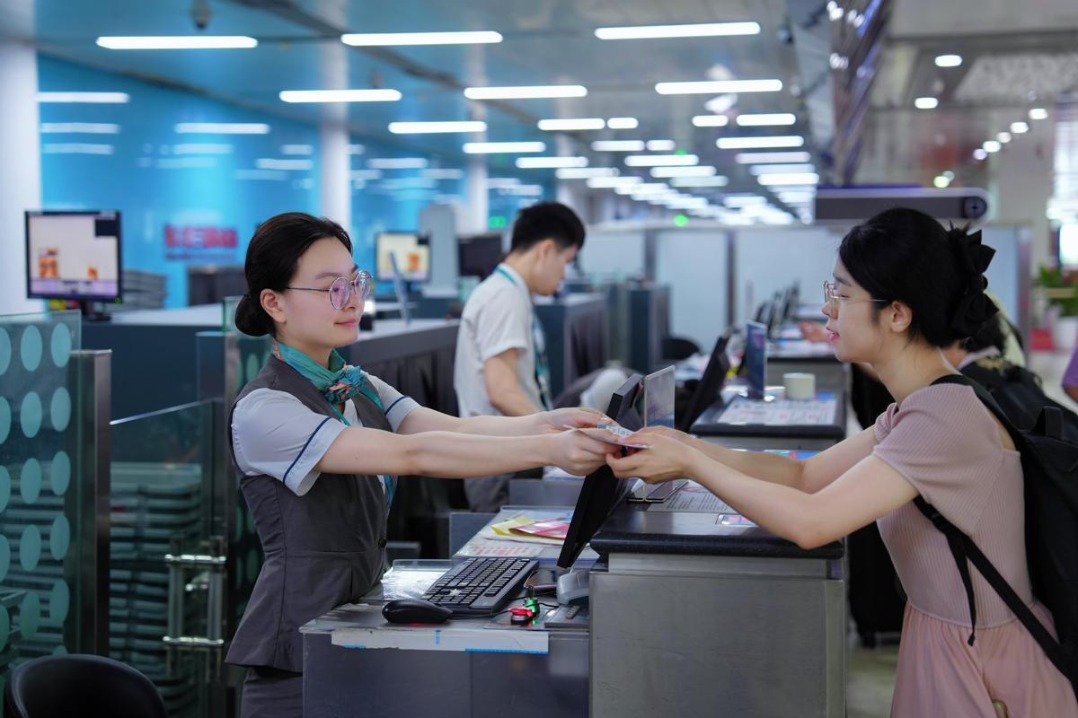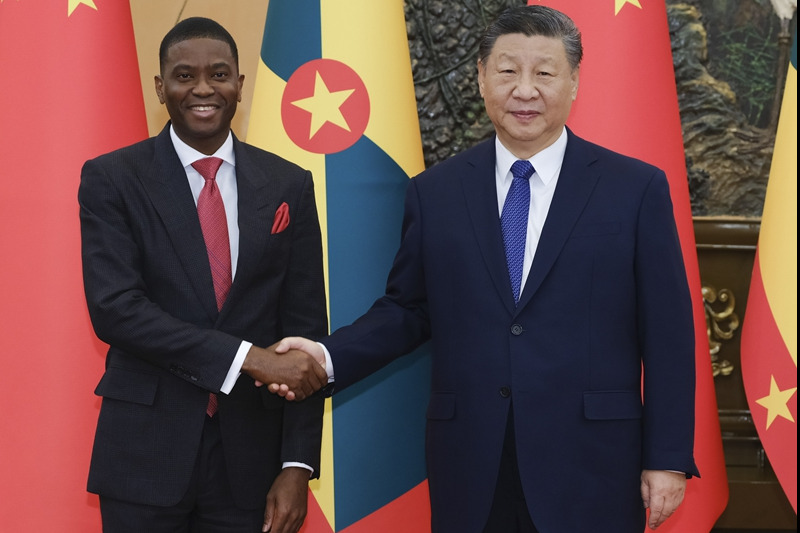'Innovation' echoing throughout Great Hall

Compared with six years ago when most provincial regions were obsessed over GDP growth, the most noteworthy word I've repeatedly heard during my coverage of the two sessions at the Great Hall of the People this year has been "innovation".
The Government Work Report, delivered by Premier Li Keqiang on March 5, said China's technology sector contributed 57.5 percent to the nation's economic growth last year, 5.3 percentage points higher than five years ago.
A number of innovative achievements have been made in fields like quantum telecommunications, and new models such as the sharing economy have earned the world's second-largest economy growing attention from abroad.
In fact, all achievements shown in the Government Work Report reflected how each provincial region has transformed their development models from traditional patterns to ones exhibiting more efficient and sustainable growth.
Deputies from Zhejiang province have been sharing their views on the digital economy. The provincial capital of Hangzhou has become a magnet for IT companies such as Alibaba - a top e-commerce player with the largest market value among China's listed internet companies.
As a journalist covering the State Council, China's Cabinet, I have learned much about the enduring efforts made by the central government to push forward an innovation-driven strategy by providing preferential policies and support to new technologies and businesses.
This trend was palpable when I spoke with deputies from Henan province and the Guangxi Zhuang autonomous region. Key details have been spotlighted in their suggestions, including the importance of fostering more added-value high-tech industries and the contribution of technological progress to overall economic growth, as well as issues regarding proper funding for research and development.
Chen Wu, chairman of Guangxi's government, said the autonomous region has created many innovative technologies including ways to reduce pollution from industrial wastewater.
Innovation can also work in tandem with traditional industries, thus integrating new technologies and platforms while preserving some of the old ways of doing things.
For example, Yao Jinbo, a deputy from Hunan province and CEO of manifold service provider 58.com, said women can earn double pay as maids after being trained by his company. With help from the company's big data offerings, each prospective cleaner can have access to twice as many service orders as before.
As China's economic development model climbs up the quality pyramid, the government and enterprises are turning their attention to new management and business models, such as Yao's company, all as part and parcel of the new era of innovation in the country's growth.
- Robot dog runs 100-meter dash in under 10 seconds
- C919 jets deployed as China's Spring Festival travel rush starts
- Decades-long efforts turn North China deserts into oases
- Chinese scientists develop research platform for 'artificial sun'
- More zebrafish to swim in China's space station
- Beijing goes greener with more parks, trees




































